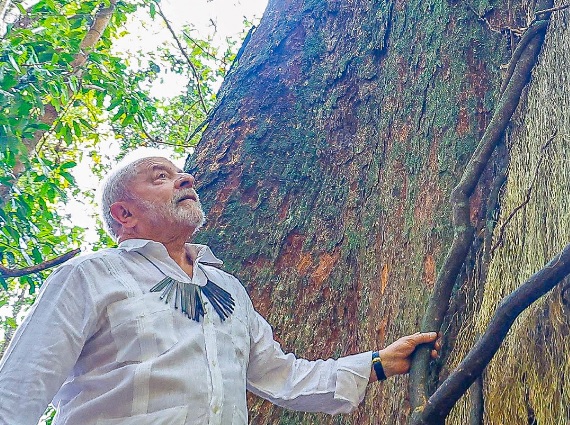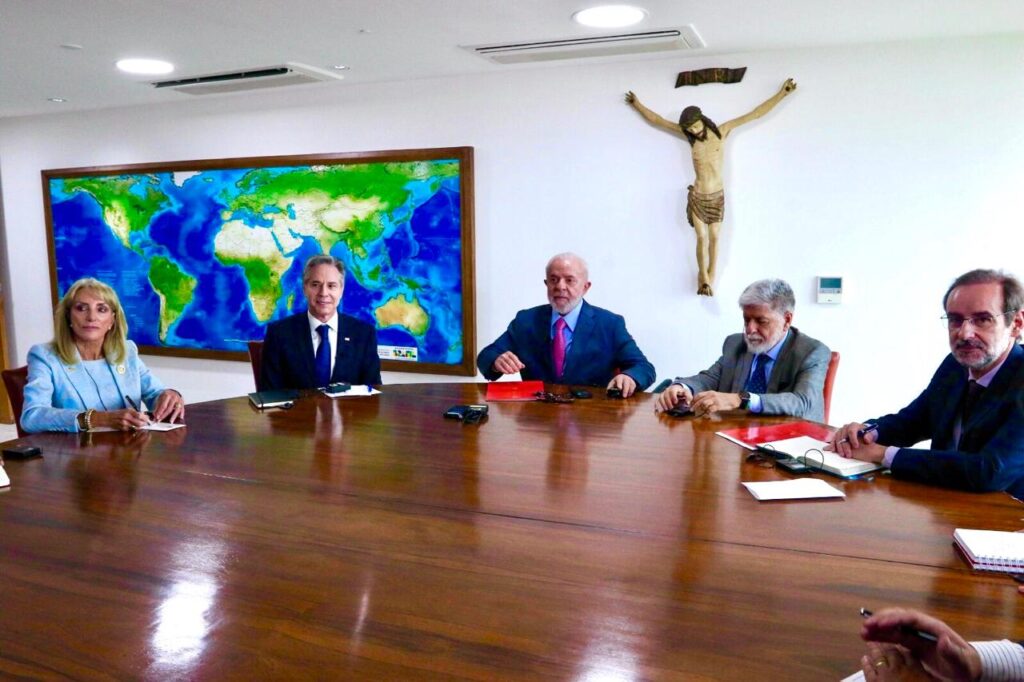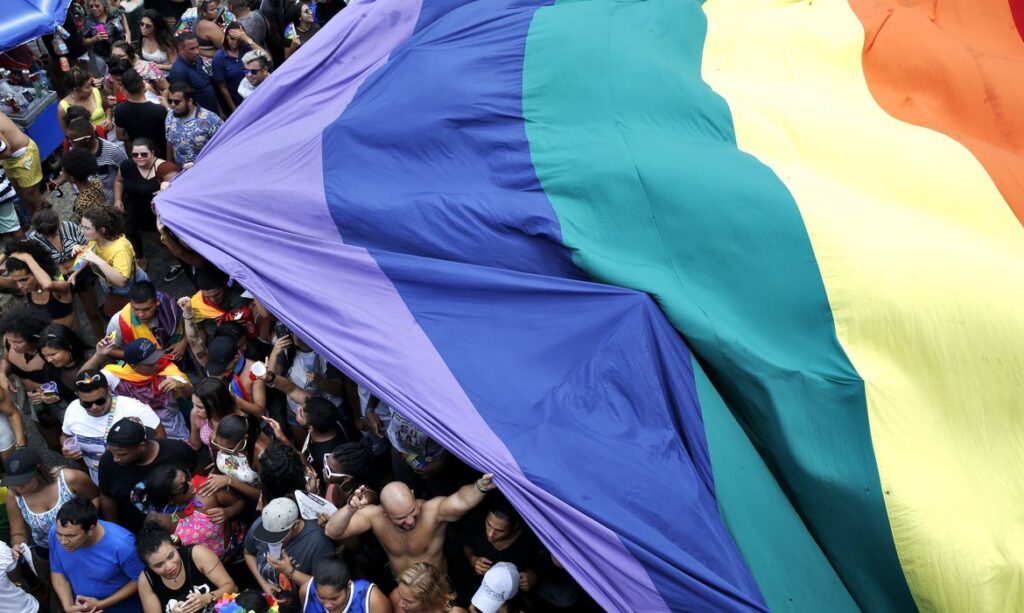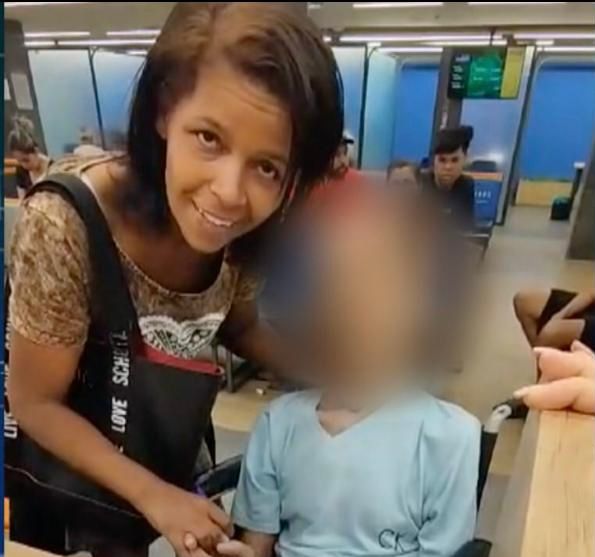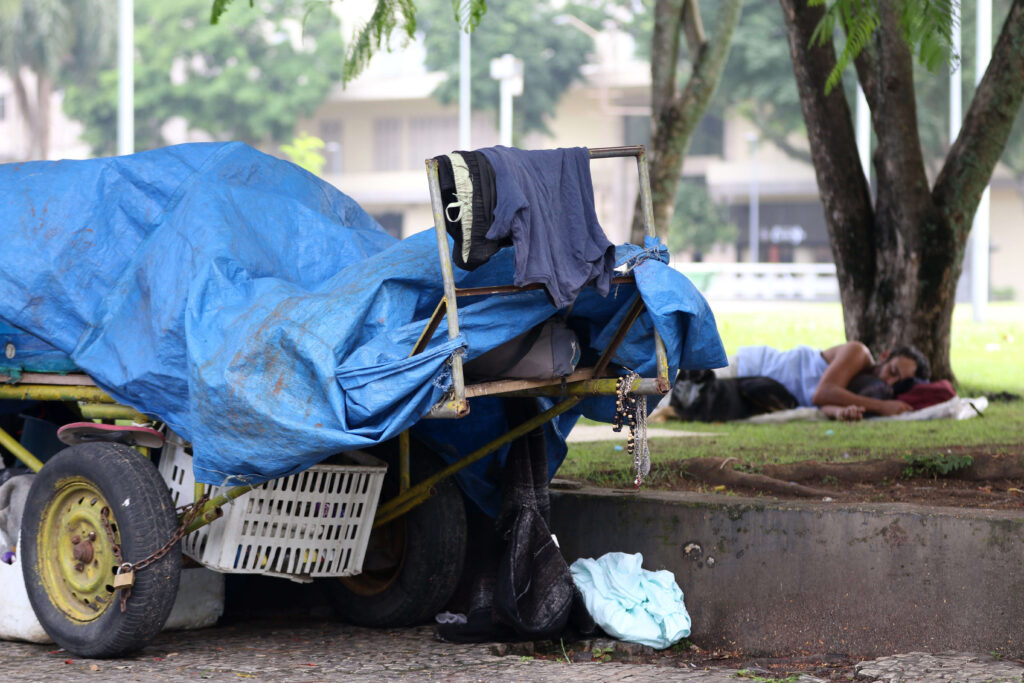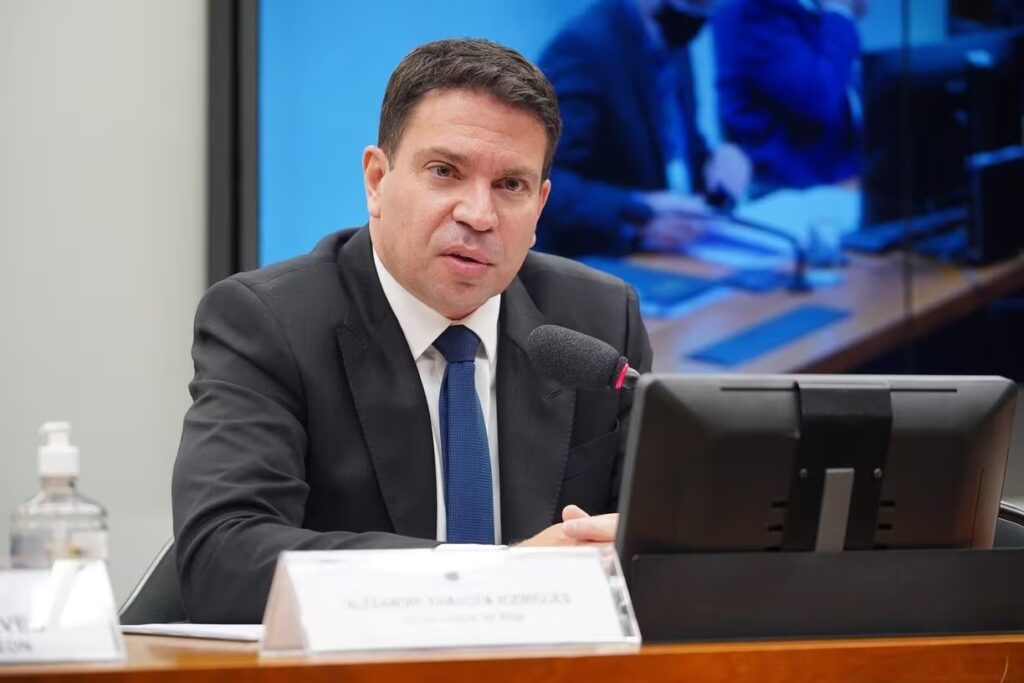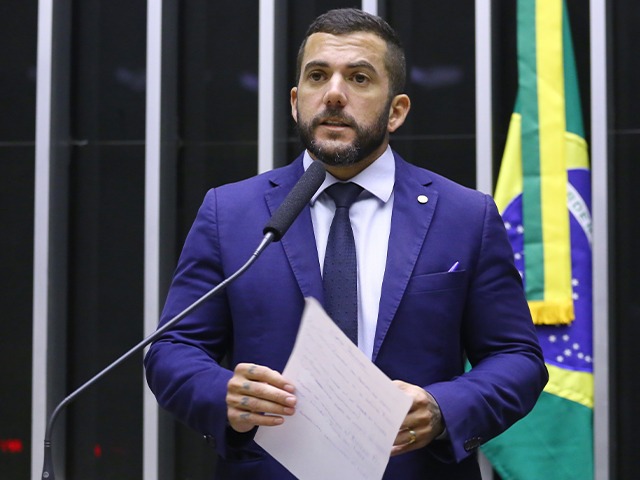São Paulo Brazil – Last December, with financial problems mounting, José was forced to live on the streets of São Paulo, Brazil’s largest city, and was only able to take a few pieces of clothing with him. For five months, he survived on donations and the generosity of NGOs that help the homeless with necessities such as food and blankets.
Last week, José, whose name we’ve changed to protect his privacy, felt hope for the first time since he began living on the streets. Brazil Reports met him during an event which was part of a nation-wide campaign to issue identification cards and other important documents to homeless people.
José had lost all of his identifying documents a while back, but after leaving the event, he had regained all his necessary paperwork and is now able to access government social welfare programs such as financial aid and job incentives.
“When I arrived on the streets, I had nothing, no documents. I’ve been taking courses in cooking and civil construction for two months, but now, with the documents, I can get a job opportunity and move on with my life. I want to go back to my family and rent a house close to my kids,” he said.
José is one of over 100,000 Brazilians who reportedly attended National Civil Registry Week, a campaign from the National Council of Justice to issue documents, such as identity cards and birth certificates, free of charge, to homeless and other vulnerable populations.
According to Superior Court Justice Luís Felipe Salomão, who spearheaded the initiative, there are around 3 million Brazilians that do not have a birth certificate.
“This vulnerable citizen became invisible to the government,” Judge Salomão told Brazil Reports during a visit to the event in São Paulo. “From the moment he regains citizenship, he can search for medical care, employment, social programs. This is a first step towards rebuilding citizenship.”
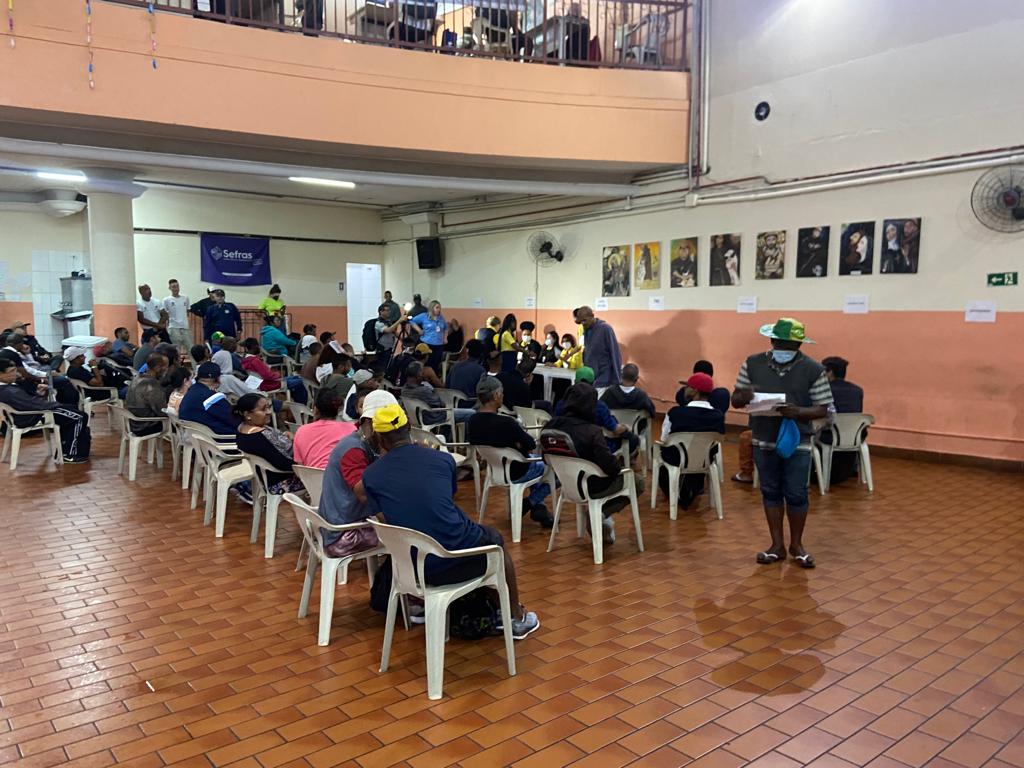
From May 8 to 12, courts and notaries across the country mobilized to issue documents to Brazilians without them. According to the organizers, around 100,000 people across the country attended the registry events. The most sought-after document was a birth certificate.
The birth certificate is the first and most important document of citizenship. With it, a person officially exists in the eyes of the state. Only with a birth certificate is it possible to obtain other important documents, such as a driver’s license, voter ID card, and work permit, as well as obtaining access to different social services from the state.
According to the United Nations Human Rights Office of the High Commissioner (OHCHR), birth registration is a fundamental human right, and having accurate birth and death records in developing countries can help manage disease outbreaks and other health issues.
According to the CNJ, 6,810 Brazilians who attended the registry week have already received a birth certificate, helping them reach a most basic requirement of society: formally proving their existence to, according to CNJ, gain access to their rights and respond to their duties as citizens.
Another 11,894 people have registered to receive a birth certificate and are expected to receive the document in the coming days.
According to Judge Salomão, it is important to maintain a unified network to recover the dignity and citizenship of homeless people. “The justice system is concerned with the dignity of these people,” he said.
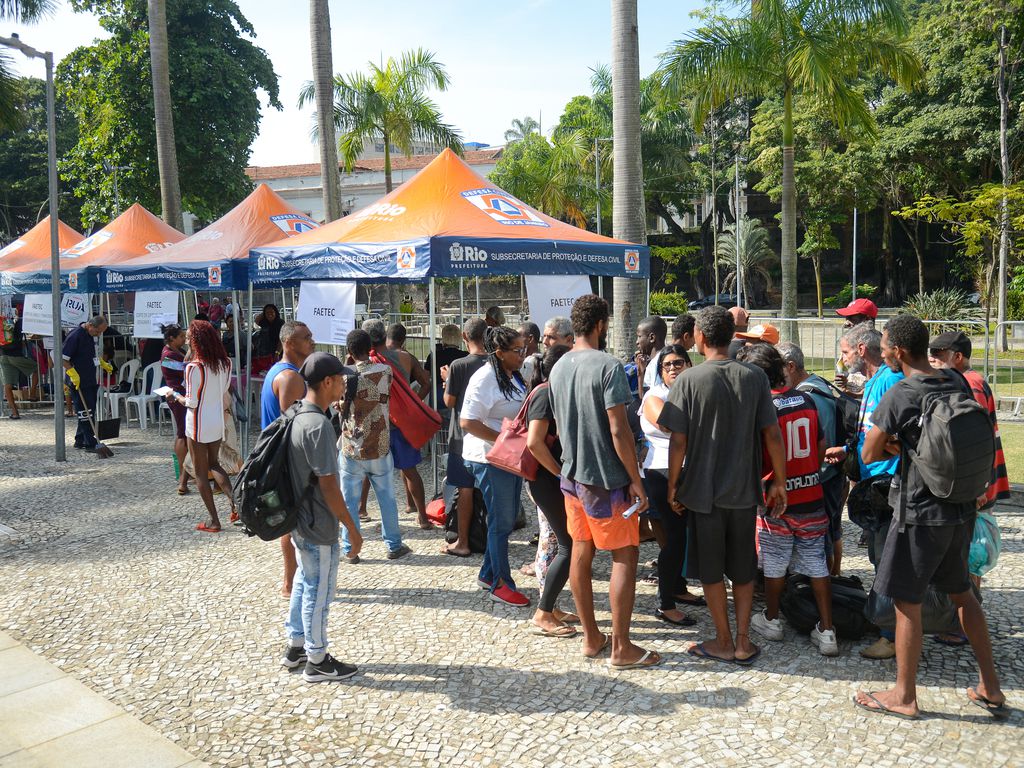
Open doors
Brazil Reports attended a registry event on May 10 in downtown São Paulo, an area with a high concentration of people without housing. The event was held at the NGO Ação Social Franciscana, an organization that works closely with the homeless.
Frei Marx, one of the project coordinators there, said that guaranteeing documentation for the homeless is a matter of social justice.
“When you live in a society that is organized around documentation, and when there is a population that suffers daily violence, allowing these people to have access to documents is a matter of social justice,” he said.
According to Marx, issuing documents to vulnerable people is a way to guarantee basic rights provided for in Brazil’s Constitution. “As well as being an achievement, it’s an open door and a reason for hope for them,” he said.
Nationally known for his work with homeless people in São Paulo, Father Júlio Lancelotti also attended the event. According to him, it is necessary to reduce the invisibility of this part of the population and one of the first steps is precisely the issuance of documents.
“Having representatives of the justice system helping in this movement is a very strong political act in a city that often has a phobia of the poor. It is necessary to reduce the invisibility of these people,” said Lancelotti.

From the streets to social actions
A coordinator of two social projects that help homeless people in Rio de Janeiro, Brazil’s second largest city, Vânia Souza knows the reality of this population. She lived on the streets for 15 years. Today, she dedicates her life to helping those experiencing homelessness and also attended the National Civil Registration Week.
“When I got help and did my treatment for chemical dependency, I found something I didn’t know about: human rights. I think of the ‘Vânias’ who are on the streets, who need to know this. So, I go to the streets with the project to give them the same access, as a form of welcome and show the path I took so that today I can be a person with dignity, treated, cared for and back home,” she told Agência Brasil.
One of Souza’s projects in Rio de Janeiro consists of a small, mobile trailer with two showers (one for men and one for women), an external sink for oral hygiene and handwashing, and personal hygiene kits she passes out to those in need.
A critical situation
The Covid-19 pandemic has generated an increase in the number of homeless people in Brazil. A new report from the Brazilian Observatory of Public Policies for the Population in Street Situation from the Federal University of Minas Gerais said that the country now has 206,044 homeless people.
Read more: Brazil’s homeless population tops 200,000 after pandemic economic fallout
São Paulo, the country’s largest metropolis and the 17th richest city in the world, counts 52,226 unhoused among its 12,396,372 inhabitants. Its homelessness rate is four times higher than in Rio de Janeiro and 4.7 times higher than in Belo Horizonte, the second and third cities with the largest homeless populations in the country.




